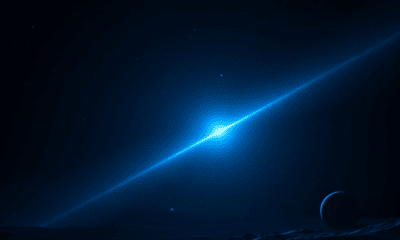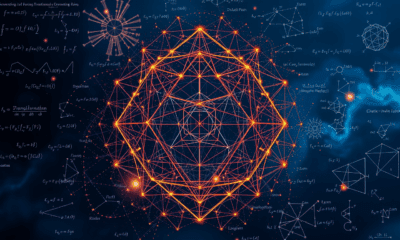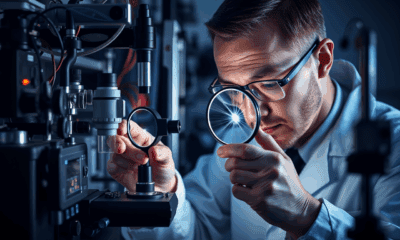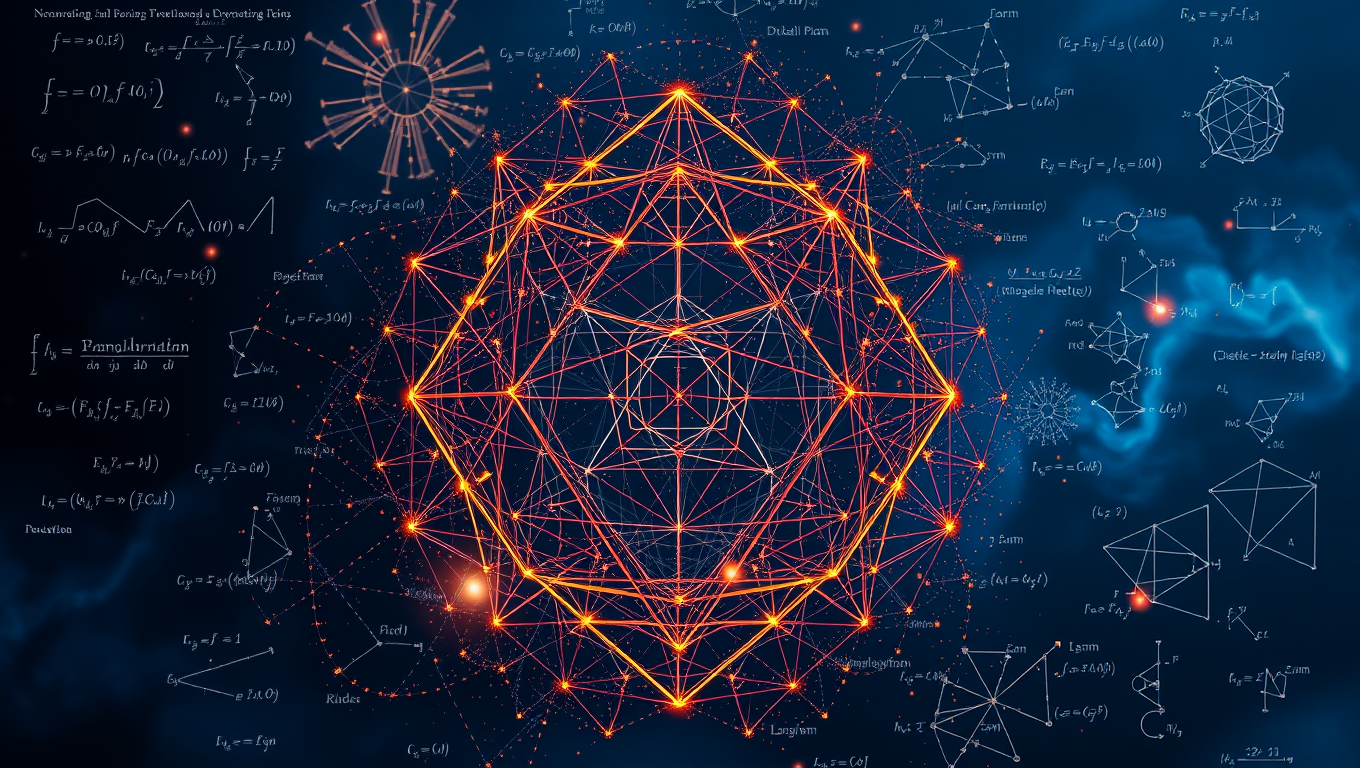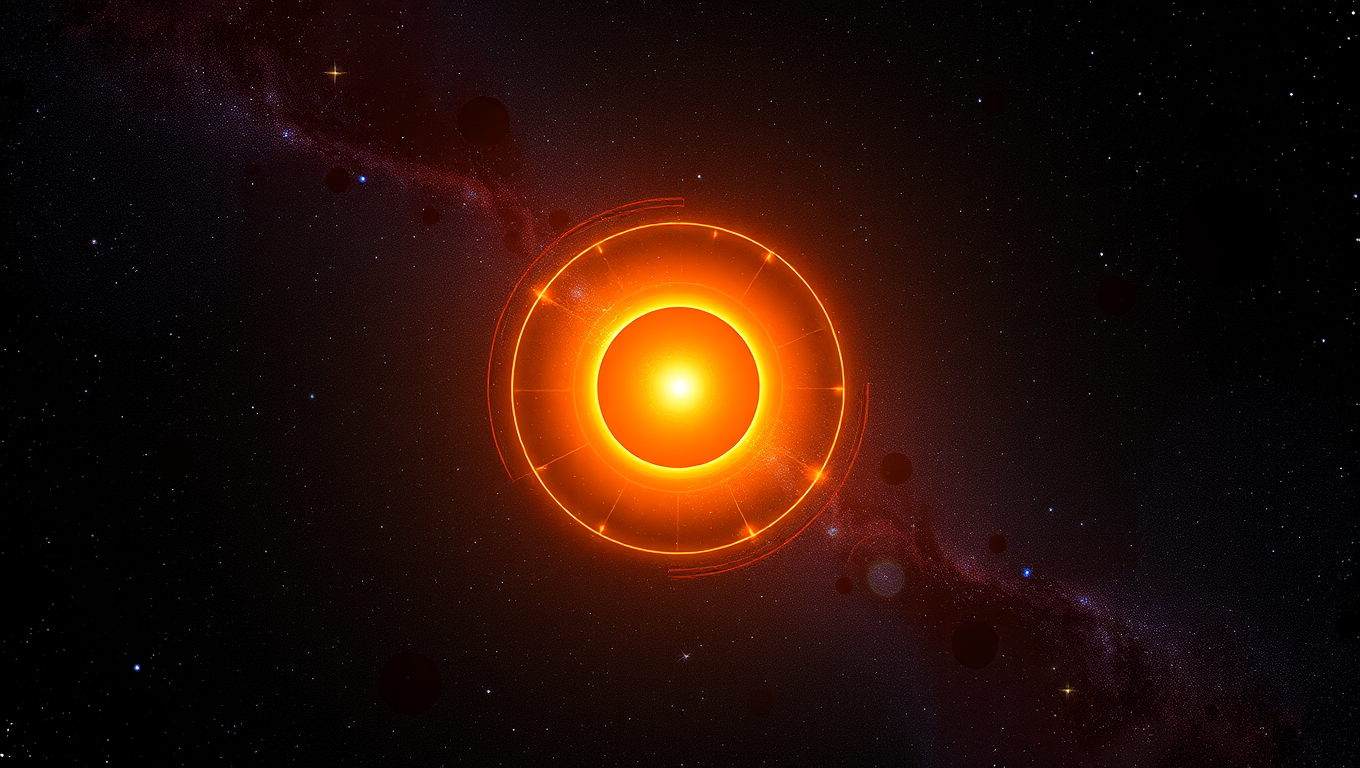While we try to keep things accurate, this content is part of an ongoing experiment and may not always be reliable.
Please double-check important details — we’re not responsible for how the information is used.
Astrophysics
Scientists Recreate Universe’s First Molecule, Shedding Light on Star Formation Puzzle
Long before stars lit up the sky, the universe was a hot, dense place where simple chemistry quietly set the stage for everything to come. Scientists have now recreated the first molecule ever to form, helium hydride, and discovered it played a much bigger role in the birth of stars than we thought. Using a special ultra-cold lab setup, they mimicked conditions from over 13 billion years ago and found that this ancient molecule helped cool the universe just enough for stars to ignite. Their findings could rewrite part of the story about how the cosmos evolved from darkness to light.
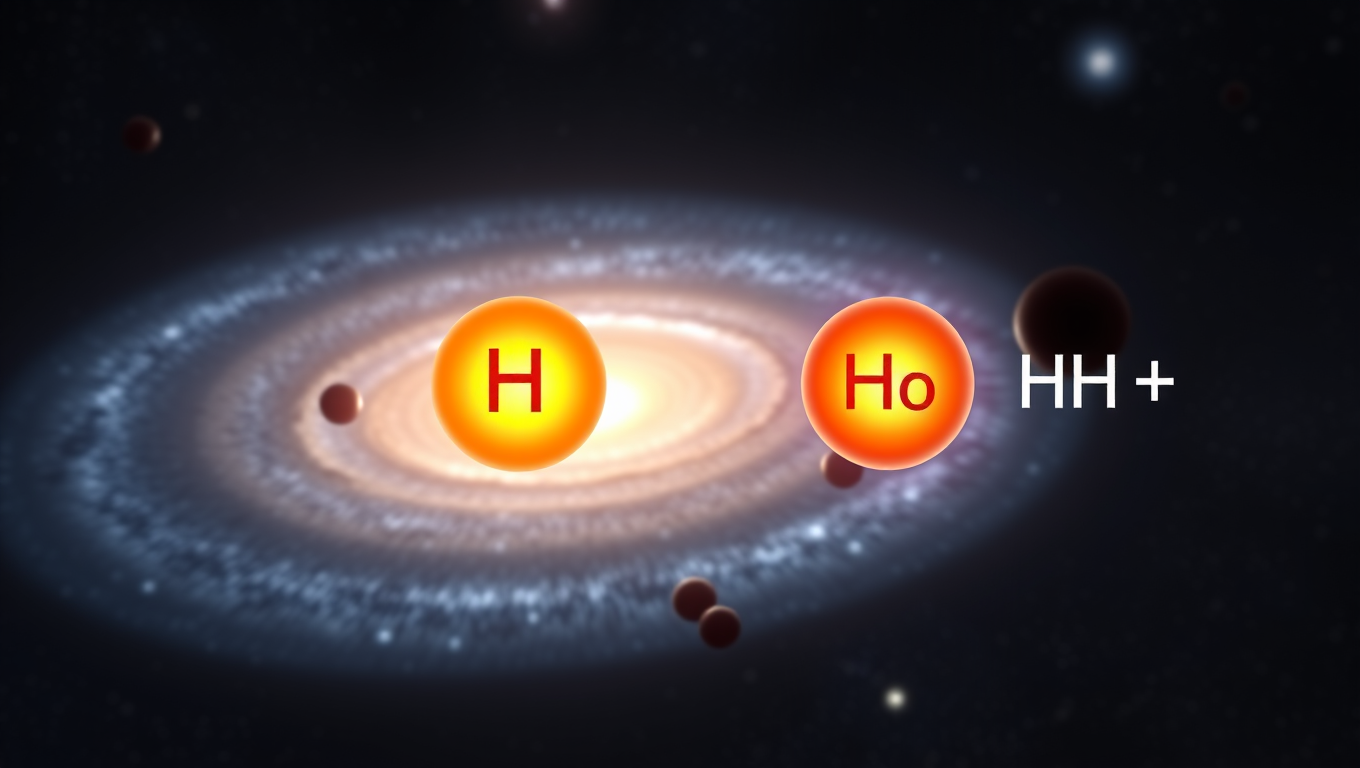
Astrophysics
The Unifying Language of Mathematics: A New Perspective on Physics and Cosmology
By exploring positive geometry, mathematicians are revealing hidden shapes that may unify particle physics and cosmology, offering new ways to understand both collisions in accelerators and the origins of the universe.
Asteroids, Comets and Meteors
The Elusive Planet Next Door Continues to Baffle Astronomers
NASA’s James Webb Space Telescope has detected strong evidence for a giant planet orbiting Alpha Centauri A, the nearest Sun-like star to Earth. Located just 4 light-years away, this possible Saturn-mass world may travel between one and two times the distance from its star that Earth does from the Sun. The planet appears to lie in the habitable zone, though its gas giant nature makes it unlikely to host life.
Astrophysics
Harnessing the Power of Black Holes: A Tiny Spacecraft’s Quest to Rewrite Physics
A visionary plan proposes sending a paperclip-sized spacecraft, powered by Earth-based lasers, to a nearby black hole within a century. Led by astrophysicist Cosimo Bambi, the mission would test the limits of general relativity and explore the mysteries of event horizons. While current technology can t yet achieve it, advancements in nanocraft design, laser propulsion, and black hole detection could make the journey possible within decades, potentially rewriting the laws of physics as we know them.
-

 Detectors10 months ago
Detectors10 months agoA New Horizon for Vision: How Gold Nanoparticles May Restore People’s Sight
-

 Earth & Climate12 months ago
Earth & Climate12 months agoRetiring Abroad Can Be Lonely Business
-

 Cancer11 months ago
Cancer11 months agoRevolutionizing Quantum Communication: Direct Connections Between Multiple Processors
-

 Albert Einstein12 months ago
Albert Einstein12 months agoHarnessing Water Waves: A Breakthrough in Controlling Floating Objects
-

 Chemistry11 months ago
Chemistry11 months ago“Unveiling Hidden Patterns: A New Twist on Interference Phenomena”
-

 Earth & Climate11 months ago
Earth & Climate11 months agoHousehold Electricity Three Times More Expensive Than Upcoming ‘Eco-Friendly’ Aviation E-Fuels, Study Reveals
-

 Agriculture and Food11 months ago
Agriculture and Food11 months ago“A Sustainable Solution: Researchers Create Hybrid Cheese with 25% Pea Protein”
-

 Diseases and Conditions12 months ago
Diseases and Conditions12 months agoReducing Falls Among Elderly Women with Polypharmacy through Exercise Intervention

